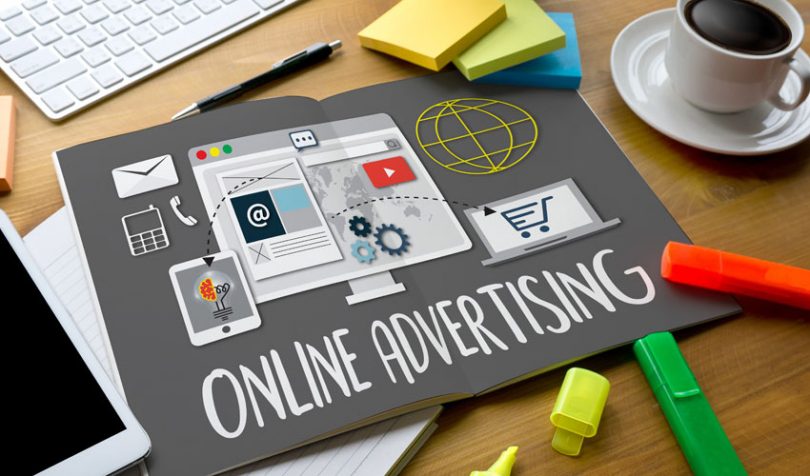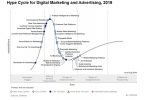Yesterday, the results of one of the digital advertising industry’s first blockchain pilots were published by Lucidity which found that only 52% of clicks could be confirmed. The startup, in conjunction with the Interactive Advertising Bureau (IAB) Tech Lab’s blockchain pilot program, spent the second half of 2018 authenticating a number of ad campaigns from a dozen advertisers.
The aim was to test blockchain’s capacity to validate advertising events such as impressions and click-throughs and see to what extent the technology could shed light on an ecosystem obscured by too many intermediaries.
The protocol, pilot and results
Lucidity developed its protocol around a ‘layer 2’ infrastructure or sidechain. ‘Layer 2’ usually refers to data that is stored on a second layer instead of on the top level blockchain. Essentially, what this means is that the protocol can process large amounts of data quickly; something which the top level public blockchain would be unable to do.
Scaling and speed are less of an issue on private blockchains, but by using private sidechains Lucidity can still offer some privacy even on a public blockchain.
Using its speedier processing, the protocol analyzed the clicks and impressions of each of the ads and verified which were ‘real’ and which were fraudulent.
It revealed an advertising landscape that is filled with wasted money and bot-fraud.
Of the 29 million impressions tracked, only 85.9% were verified as non-discrepant. Things were even worse when it came to clicks. There, a staggering 48% were flagged as having discrepancies.
Meanwhile, for mobile advertising, a third of in-app mobile impressions were flagged as questionable.
However, Lucidity managed to improve things. Optimizations from the blockchain company improved overall impression match rates improved by 13%, and click match rates by an average of 22%. This was achieved by moving ad campaigns away from sources of fraud and waste.
The optimizations even saw one company’s conversion rates increase by over 214%.
“Overall, optimizing the campaigns away from placements with high levels of discrepancy that flagged for fraud and waste led to a significant lift in performance,” said Sam Kim, CEO and Co-Founder at Lucidity. “Brands deserve to know what they’re paying for. We’re only going to achieve that through transparency and valid data.”
Dennis Buchheim, Senior Vice President and General Manager, IAB Tech Lab added: “The pilot results are meaningful progress in support of how blockchain can bring about a more reliable, transparent and trustworthy ecosystem. The brands and agencies that collaborated with Lucidity are contributing to valuable learnings that will help us identify where blockchain could have meaningful, near-term value in advertising, and how standards and best practices could play an effective role.”
Lucidity’s pilot is just one of several that IAB ran last year. Other start-ups, including MetaX, Kochava, and Fusion7, also tested their technologies and are expected to publish results later this year.
Just a few months ago, Lucidity closed a $5 million funding round and separately announced its partnership with Toyota and ad agency Saatchi & Saatchi for future Toyota ad campaigns. This was due to Lucidity’s technology improving the performance of Toyota’s ads by 21%.






